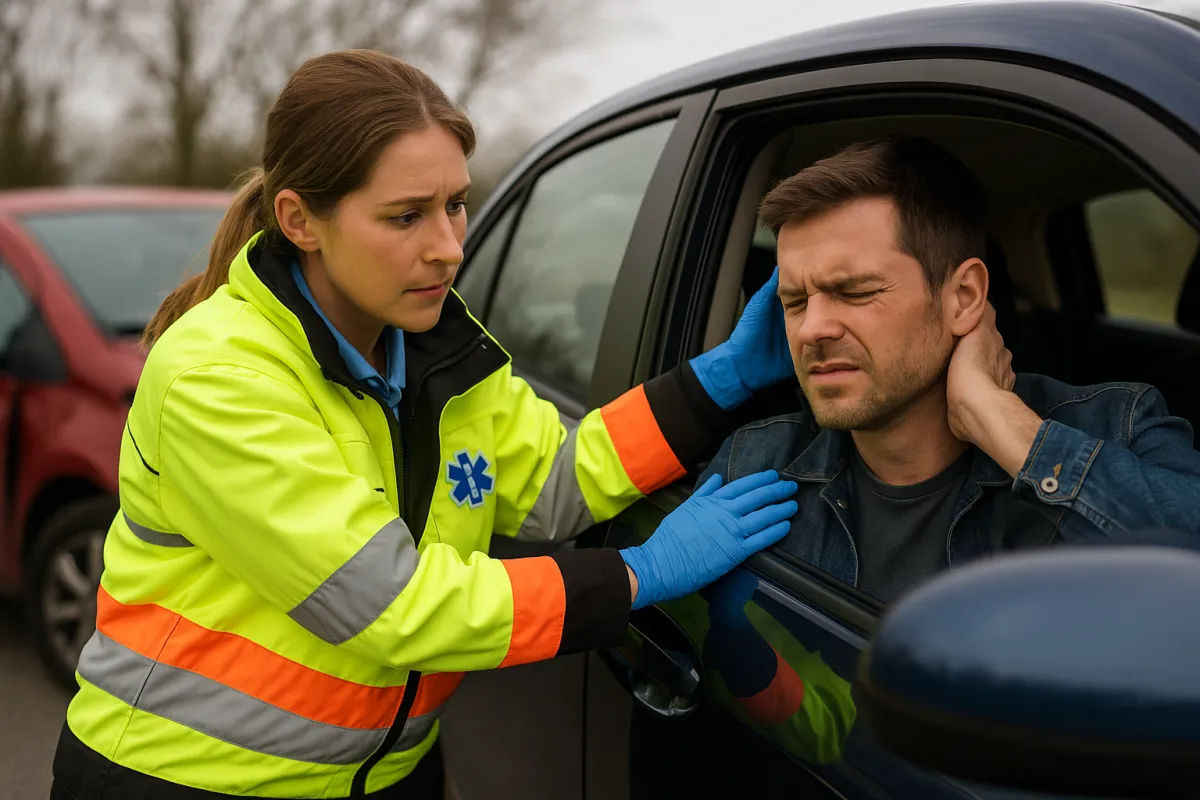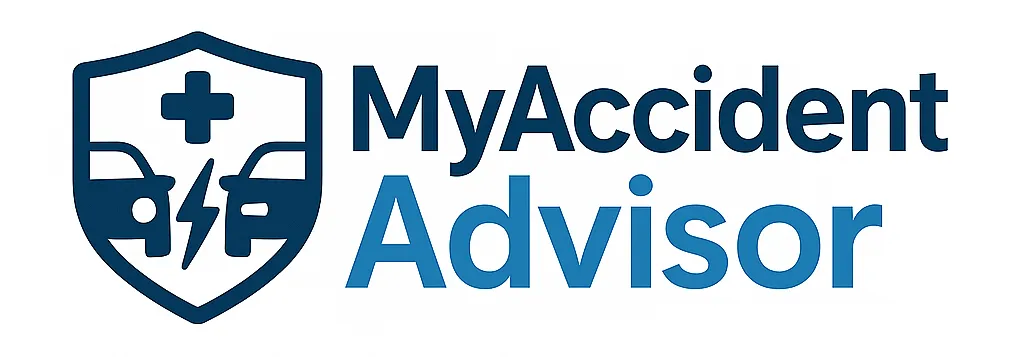See Our Newest Blogs


What to Do Immediately After a Car Accident to Protect Your Claim
The First Hour After a Crash Can Make or Break Your Claim
Car accidents are overwhelming — but what you do immediately afterward can determine whether you get the compensation you deserve or walk away with nothing. Insurance companies move fast to protect themselves. You need to move faster to protect your rights.
Here’s a clear, step-by-step guide.
1. Get Medical Help — Even If You Feel Fine
Adrenaline can hide pain, and many injuries (like concussions or whiplash) don’t show symptoms for hours or days.
Why it matters: Medical records are critical evidence. Waiting too long to get checked out gives insurance companies an excuse to say your injuries aren’t serious.

2. Call the Police and Get an Official Report
Even in minor accidents, an official police report provides an unbiased account of the crash.
Pro tip: Make sure the officer notes injuries, road conditions, and any signs the other driver was distracted or impaired.
3. Document Everything at the Scene
Use your phone to capture:
Photos of vehicle damage from multiple angles.
Visible injuries.
The crash scene, skid marks, traffic lights/signs, and weather conditions.
Witness names and contact info.
4. Avoid Talking to the Other Driver’s Insurance
Insurance adjusters may sound friendly, but their goal is to get you to admit fault or downplay your injuries.
What to do: Politely tell them you’ll have your lawyer follow up.
5. Notify Your Own Insurance Promptly
Report the accident as soon as possible — but stick to the facts.
Avoid guessing: If you’re not sure about details like speed or distance, say you don’t know.
6. Keep a Post-Accident Journal
Write down your daily pain levels, missed work, medical visits, and how your injuries affect your life.
Why it matters: This record can significantly increase your compensation for pain and suffering.
7. Talk to a Personal Injury Lawyer Before Signing Anything
Quick settlements are designed to save insurance companies money — not to help you.
A lawyer will calculate your claim’s true value and fight to get every dollar you’re entitled to.
Don’t Let the Insurance Company Decide Your Future
If you’ve been in a car accident, the clock is ticking. Every day without action makes it easier for insurance companies to deny or underpay your claim.

© 2025 My Accident Advisor. All Rights Reserved.